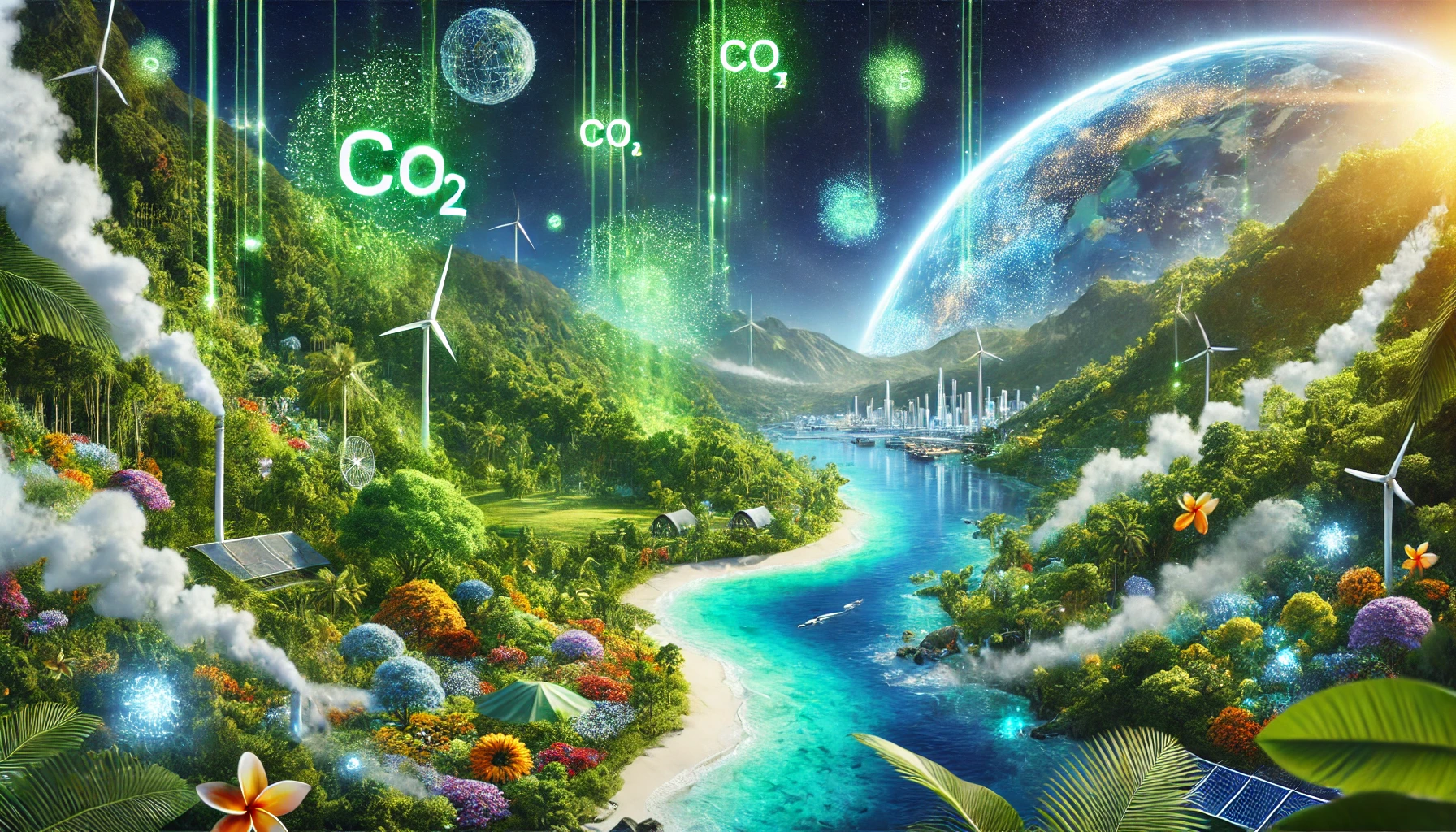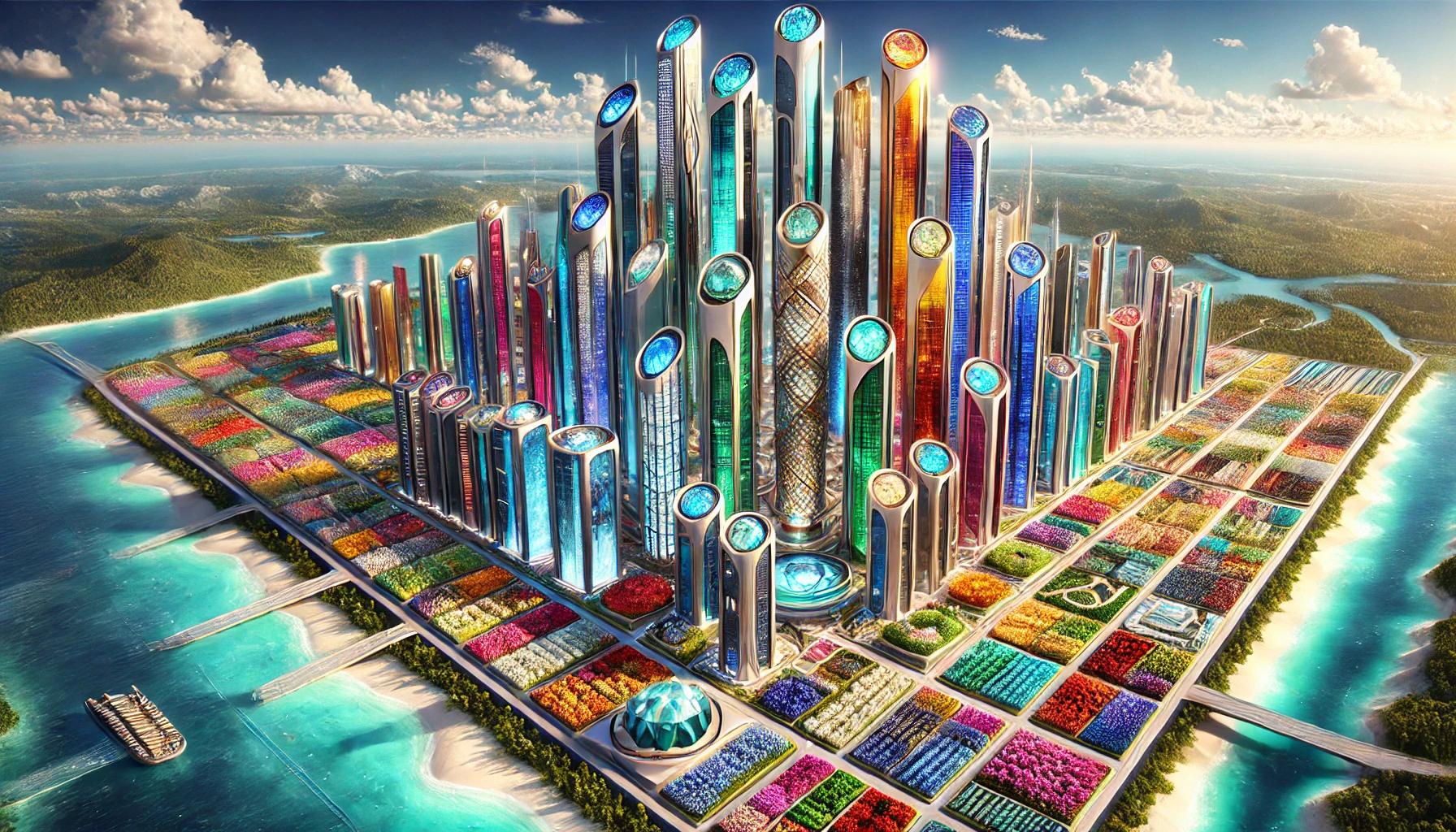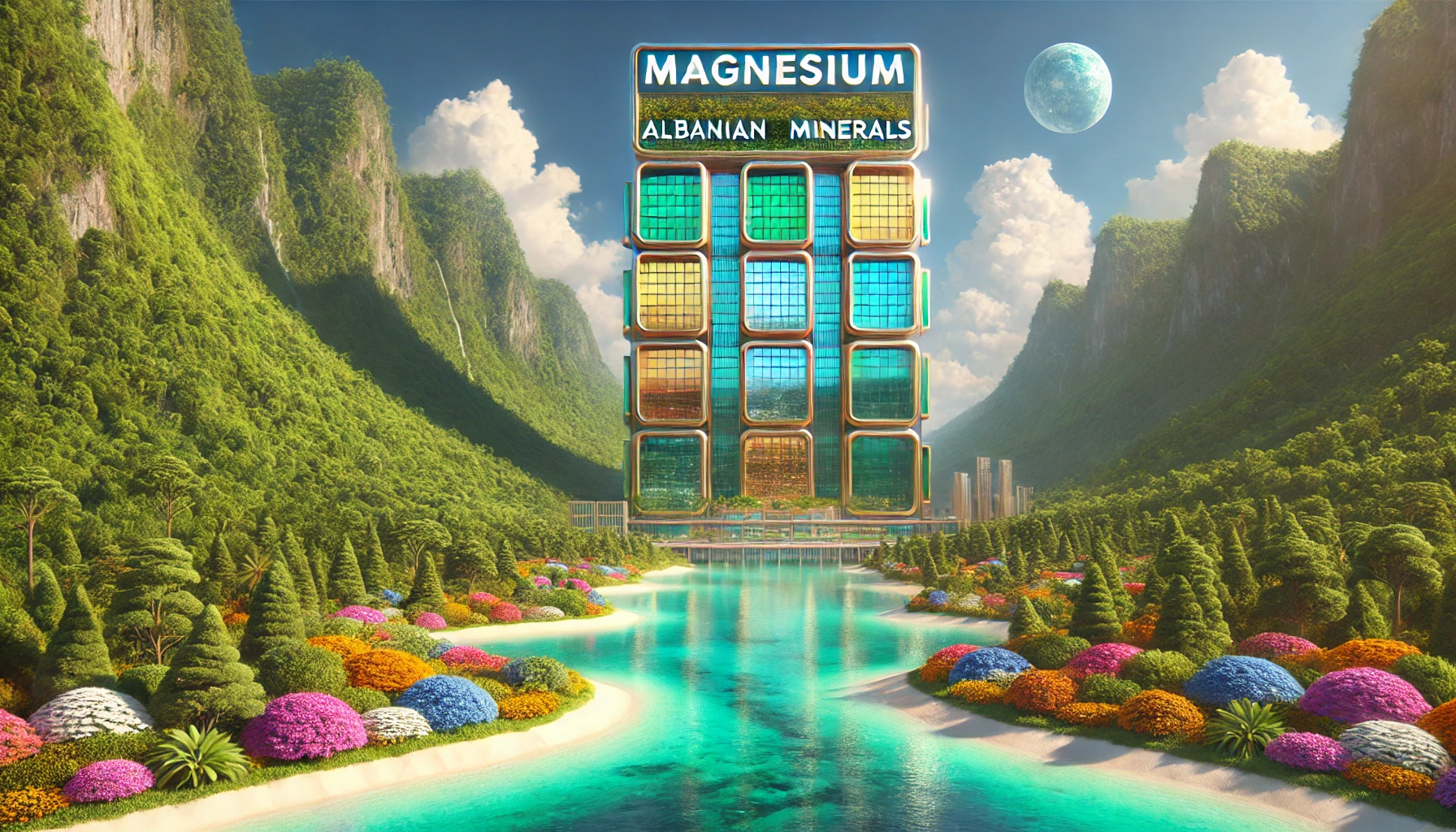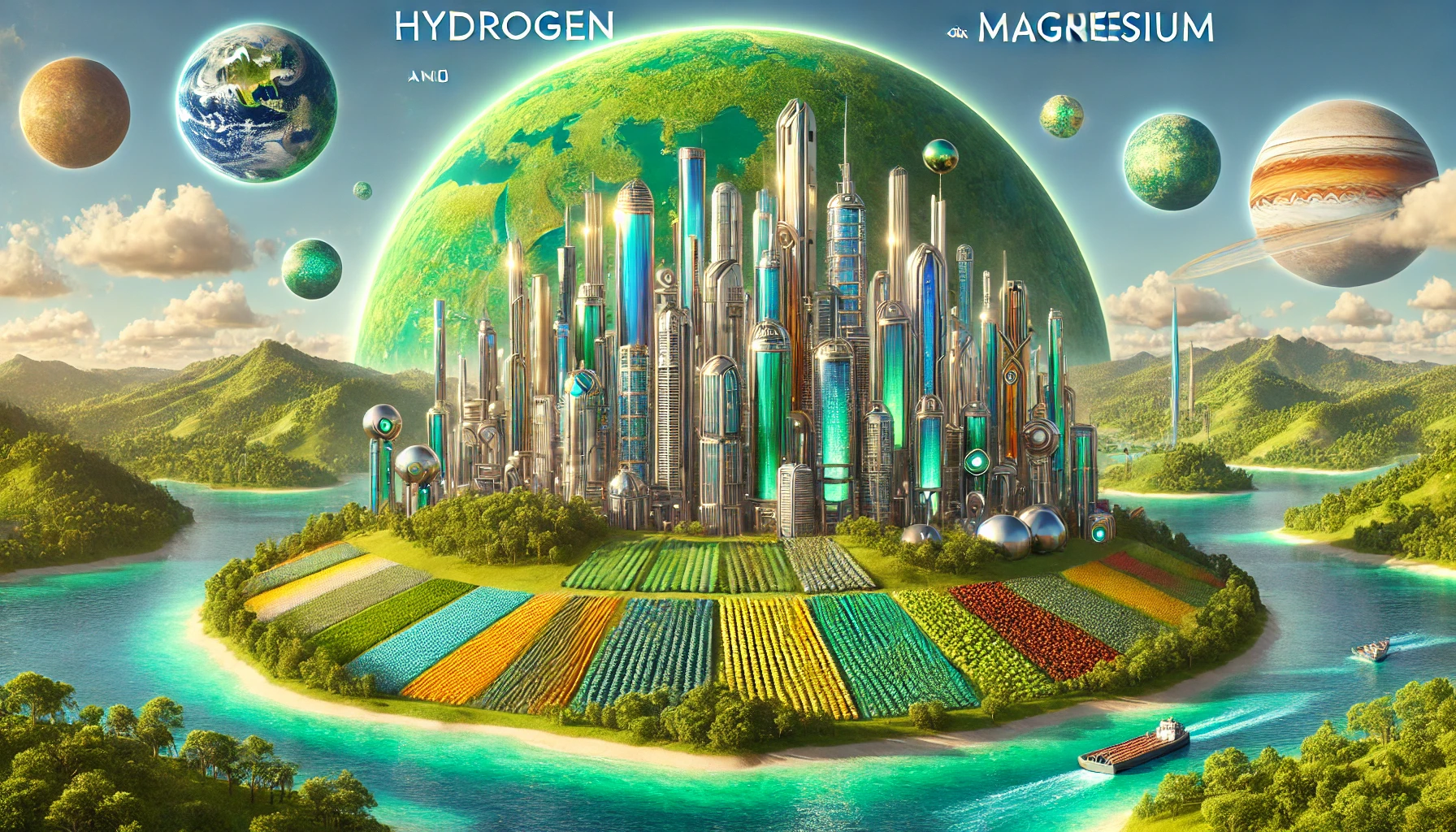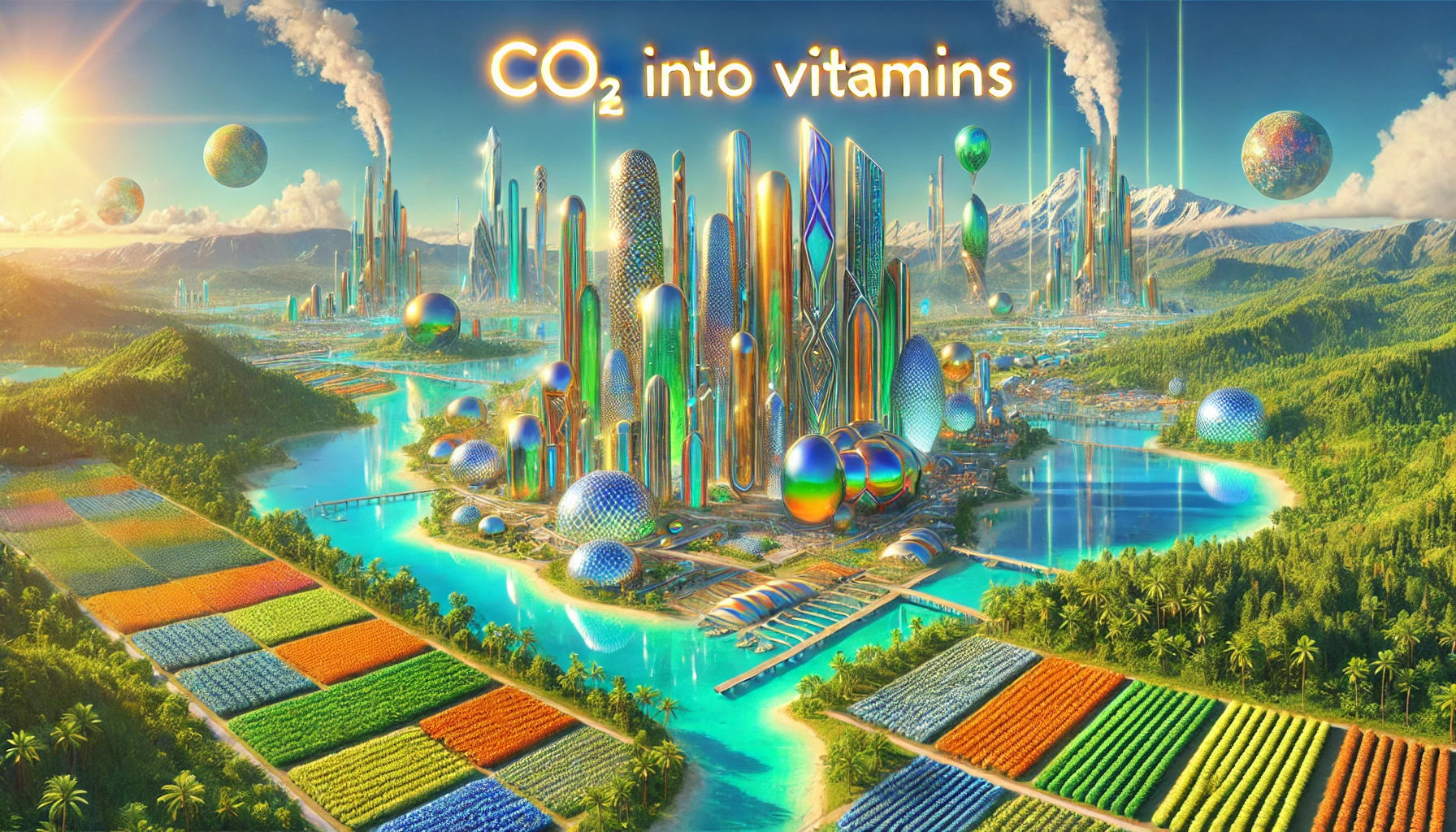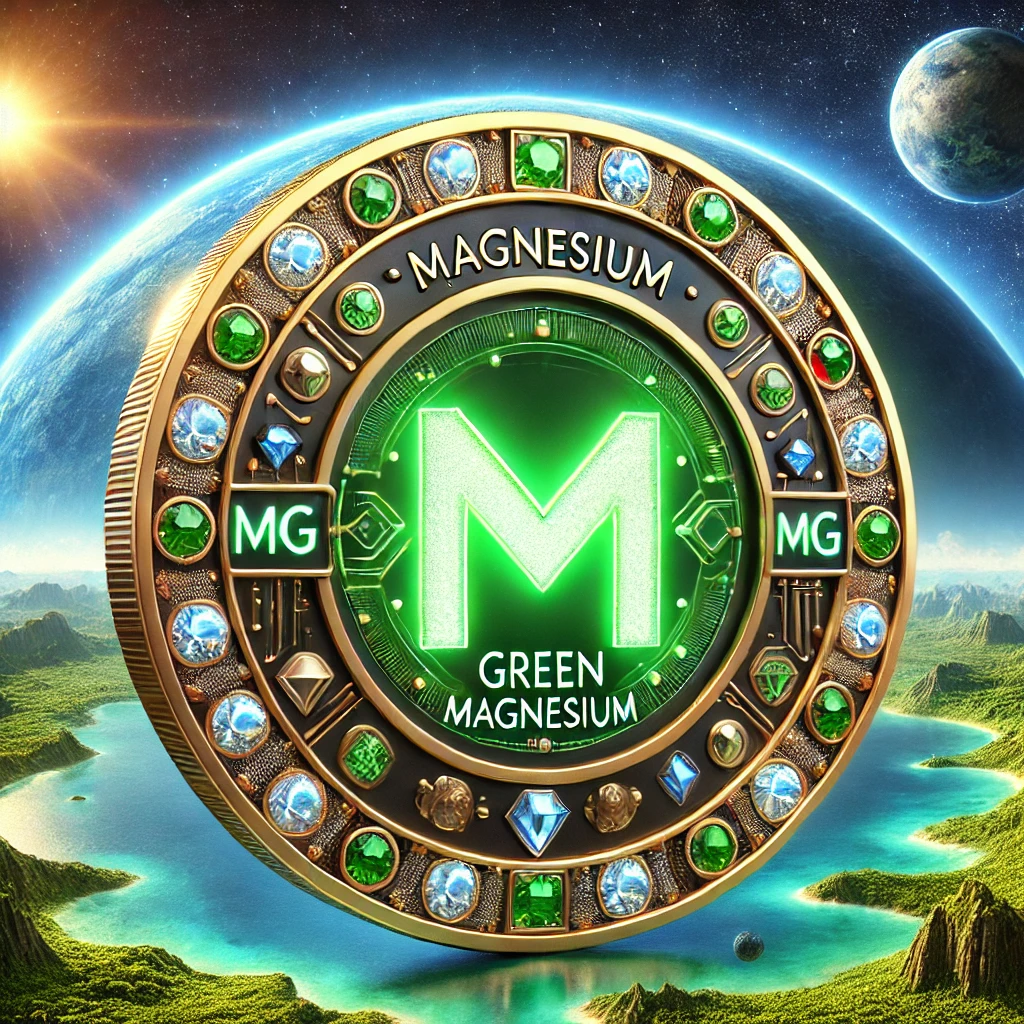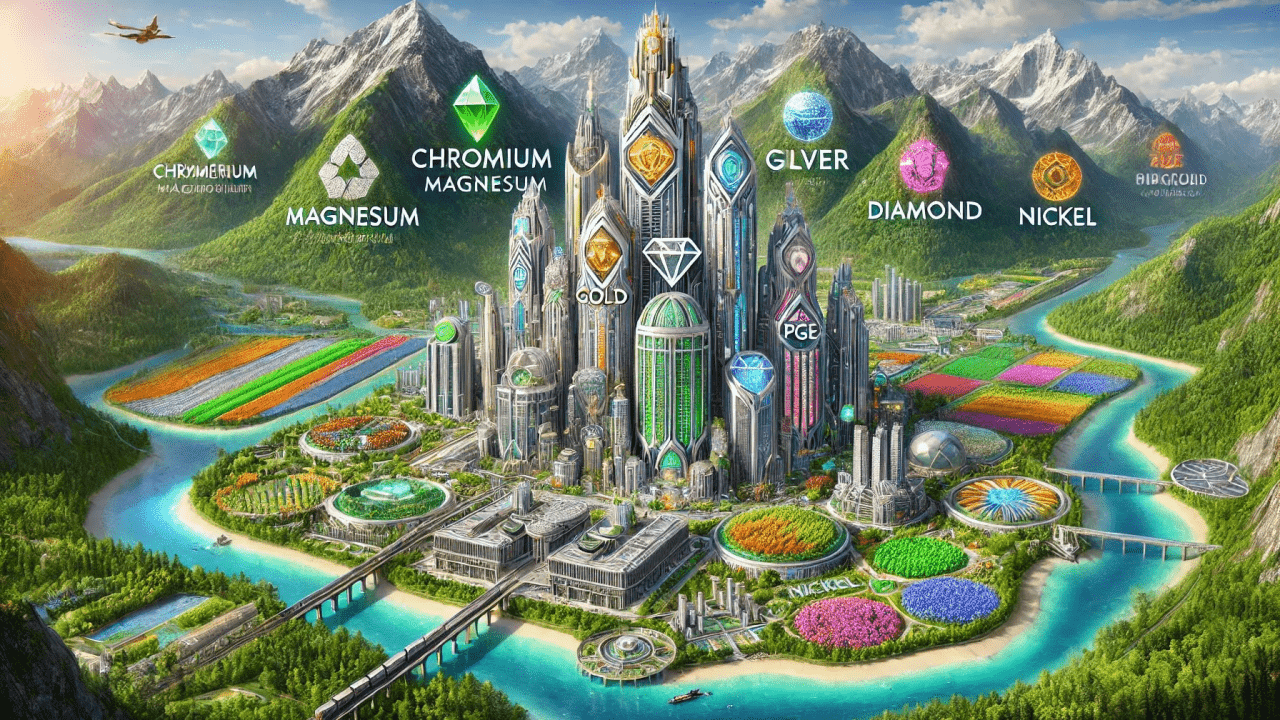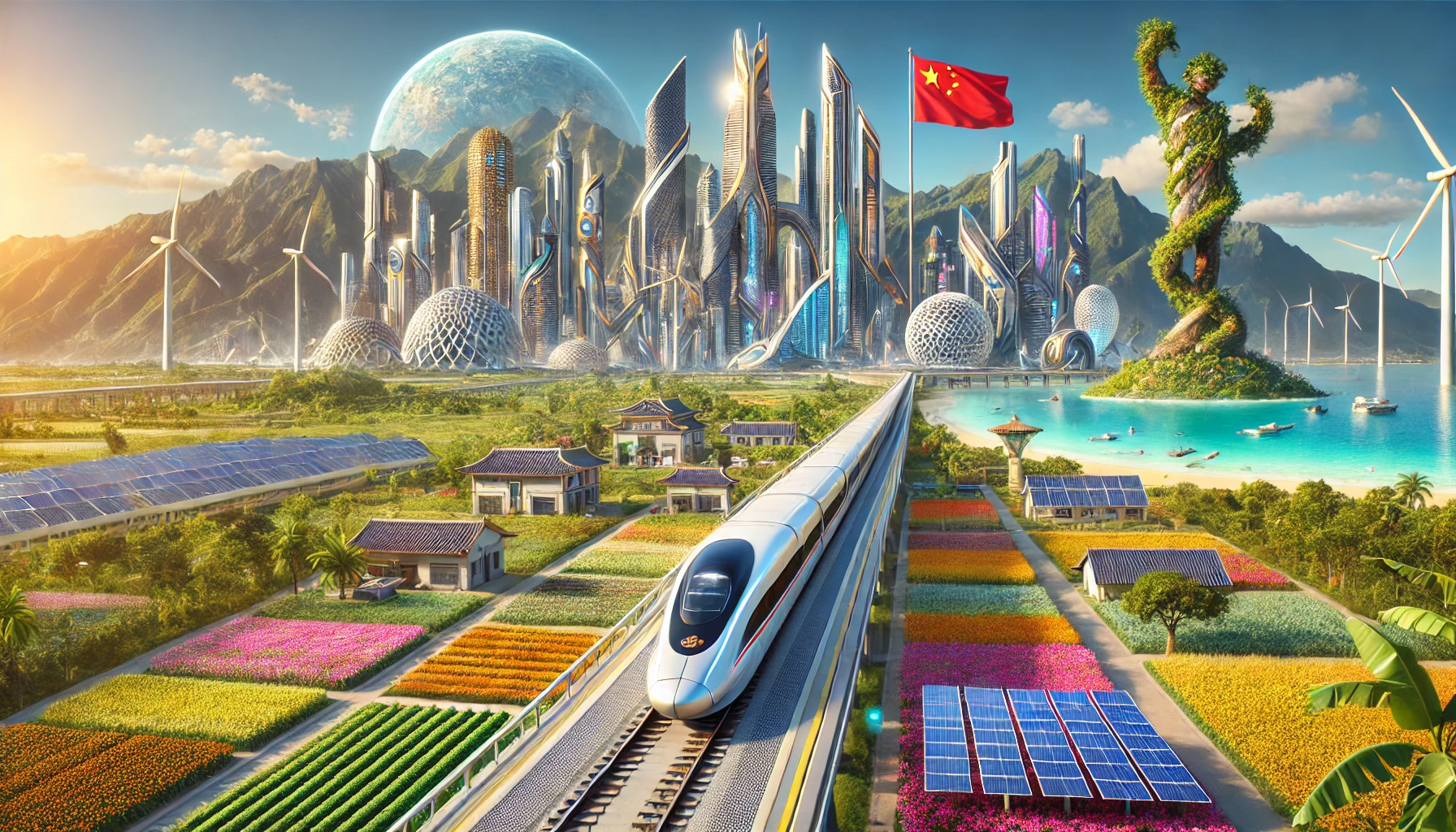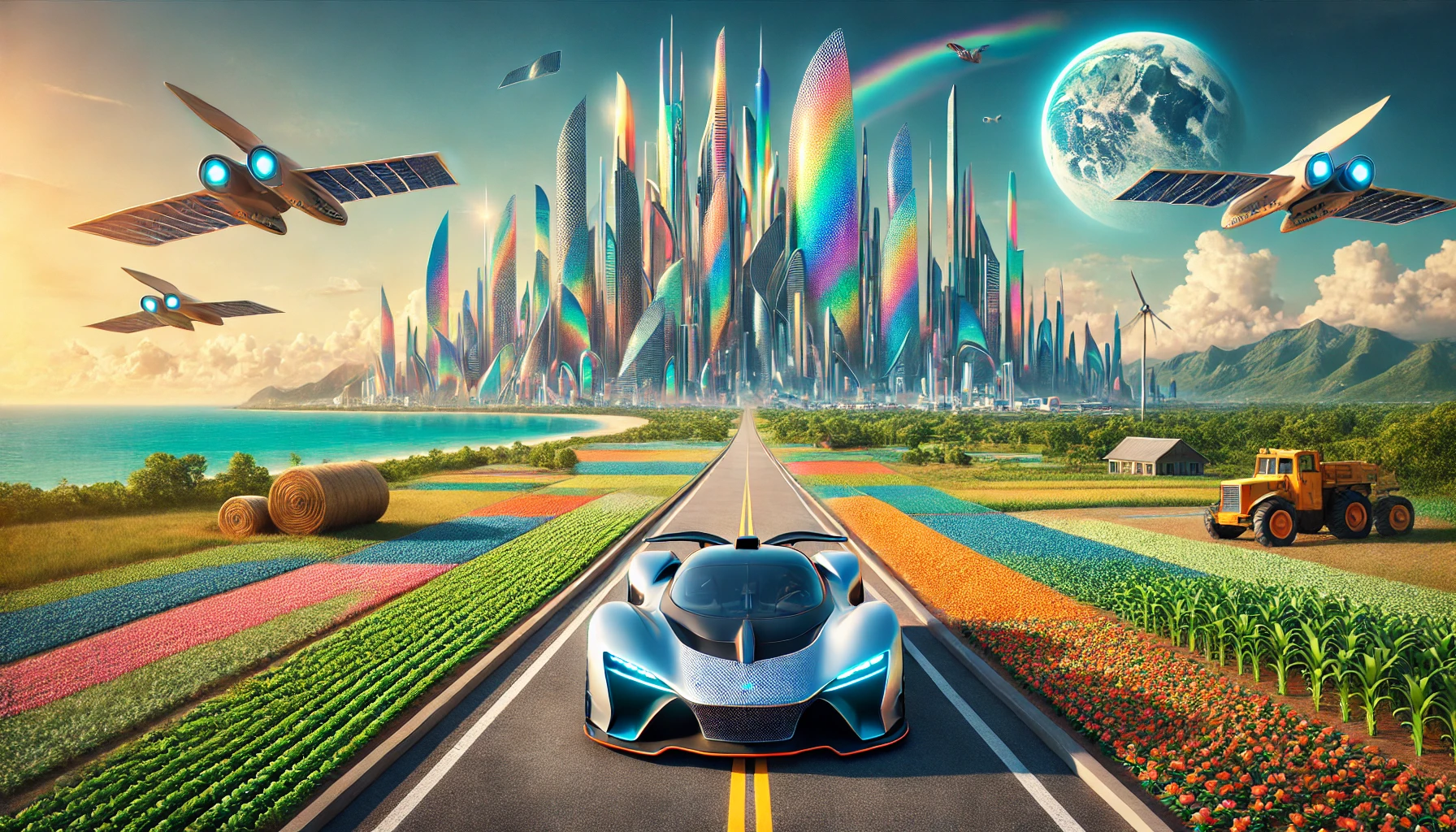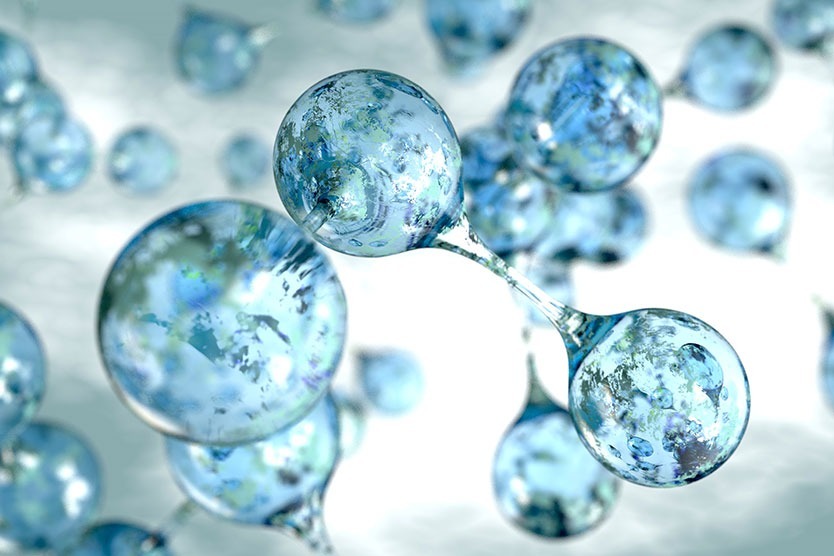
Germany government is havely investing in green Energy. At the meeting of the German-Dutch climate cabinet, the Federal Ministry of Education and Research and the Federal Ministry for Economic Affairs and Climate Action will introduce the new call for applications, Electrochemical Materials and Processes for Green Hydrogen and Green Chemistry (ECCM). Together with the Dutch Research Council, they are calling for the submission of suggestions for research projects in this field.
Federal Minister for Economic Affairs and Climate Action Robert Habeck said, “Green hydrogen is an important key to a climate-neutral economy. In industry especially, the demand for green hydrogen will quickly become very high. It is therefore the Federal Government’s aim to significantly speed up the roll-out of the hydrogen economy.
Germany has set itself the goal of becoming a leading global manufacturer of technologies to generate, store, use and transport hydrogen. On the other hand, we need partners like the Netherlands that import green hydrogen and its follow-up projects from regions of the world with a high supply of renewable energy. By combining national strengths, synergies can be harnessed and clear progress achieved in the building up of global supply chains for green hydrogen.”
Federal Minister of Education and Research Bettina Stark-Watzinger said, “The joint call for applications and the projects associated with it are an important building block in the development of innovative technologies for green hydrogen and green chemistry. Because we want to, and have to, become independent of Russian gas imports and simultaneously tackle humanity’s challenge of climate change. We are now jointly investing ten million euros in new projects. Germany and the Netherlands are together establishing a strong industrial cluster. We want to use this strength to collectively develop technological innovations. It is these innovations that are to speed up the roll-out of a green hydrogen economy in both partner countries. It is my objective to make Germany a ‘Hydrogen Republic’. Therein lies a great opportunity for our economy. We will, however, only be able to achieve all of this through intense research and the quick transfer of findings into application.”
Germany intends to be climate neutral by 2045, the Netherlands by 2050. The key to this is green hydrogen, because it can be used to decarbonise areas that cannot be electrified, or only with difficulty, and that are simultaneously a heavy burden on the climate – such as certain industrial processes, including those in the chemical industry.
The cooperation projects between German and Dutch partners will pool the competencies of both countries in order to develop highly innovative and practical solutions and processes for green hydrogen and green chemistry. The project ideas should involve partners along the entire innovation chain, from research and industry to end-users.
The topics on which researchers can submit drafts include: the production of hydrogen through electrolysis, the storage of hydrogen, P2X technologies and downstream processes for the production of energy sources and green chemicals, electrosynthesis and electrochemical conversion, material and process engineering for the aforementioned processes, design and manufacturing processes for green hydrogen technologies, as well as system design and integration.
Only projects that are evaluated as eligible and highly promising by the German and Dutch sides can be funded. They must have demonstrable added value compared with purely national projects and strengthen the cooperation between the partners. The projects will be supervised by the project managers in the Netherlands (Dutch Research Council – NWO) and Germany (Project Management Jülich – PtJ). Funding of five million euros each has been earmarked on the German and Dutch sides, with which an expected five to 15 collaborative projects will be initiated.


